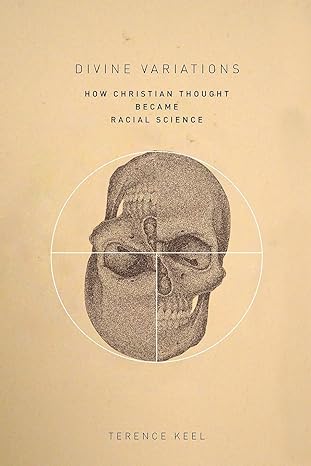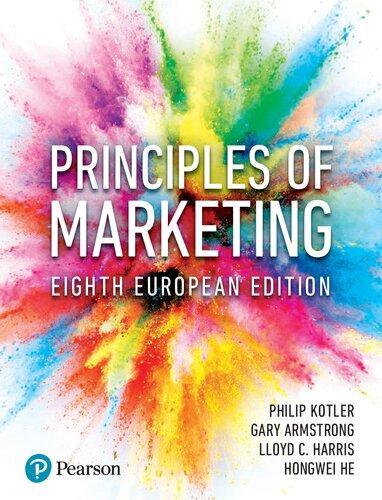Go back


Divine Variations How Christian Thought Became Racial Science(1st Edition)
Authors:
Terence Keel

Cover Type:Hardcover
Condition:Used
In Stock
Shipment time
Expected shipping within 2 DaysPopular items with books
Access to 30 Million+ solutions
Free ✝
Ask 50 Questions from expert
AI-Powered Answers
✝ 7 days-trial
Total Price:
$0
List Price: $22.97
Savings: $22.97(100%)
Solution Manual Includes
Access to 30 Million+ solutions
Ask 50 Questions from expert
AI-Powered Answers
24/7 Tutor Help
Detailed solutions for Divine Variations How Christian Thought Became Racial Science
Price:
$9.99
/month
Book details
ISBN: 1503610098, 978-1503610095
Book publisher: Stanford University Press
Get your hands on the best-selling book Divine Variations How Christian Thought Became Racial Science 1st Edition for free. Feed your curiosity and let your imagination soar with the best stories coming out to you without hefty price tags. Browse SolutionInn to discover a treasure trove of fiction and non-fiction books where every page leads the reader to an undiscovered world. Start your literary adventure right away and also enjoy free shipping of these complimentary books to your door.
Book Summary: Divine Variations offers a new account of the development of scientific ideas about race. Focusing on the production of scientific knowledge over the last three centuries, Terence Keel uncovers the persistent links between pre-modern Christian thought and contemporary scientific perceptions of human difference. He argues that, instead of a rupture between religion and modern biology on the question of human origins, modern scientific theories of race are, in fact, an extension of Christian intellectual history. Keel's study draws on ancient and early modern theological texts and biblical commentaries, works in Christian natural philosophy, seminal studies in ethnology and early social science, debates within twentieth-century public health research, and recent genetic analysis of population differences and ancient human DNA. From these sources, Keel demonstrates that Christian ideas about creation, ancestry, and universalism helped form the basis of modern scientific accounts of human diversity?despite the ostensible shift in modern biology towards scientific naturalism, objectivity, and value neutrality. By showing the connections between Christian thought and scientific racial thinking, this book calls into question the notion that science and religion are mutually exclusive intellectual domains and proposes that the advance of modern science did not follow a linear process of secularization.
Customers also bought these books
Frequently Bought Together
Top Reviews for Books
Samar Alfaraj
( 5 )
"Delivery was considerably fast, and the book I received was in a good condition."










